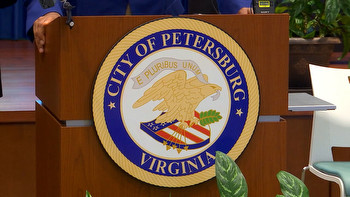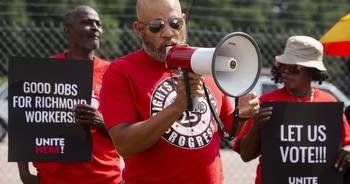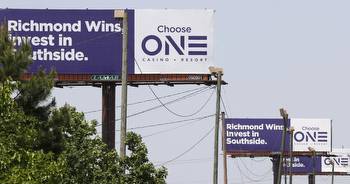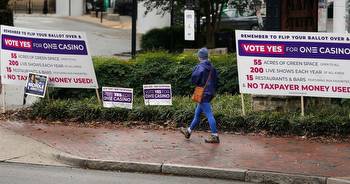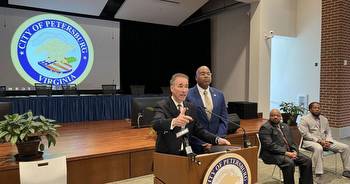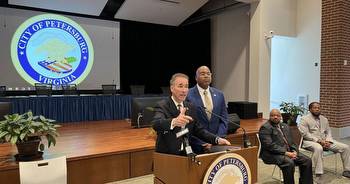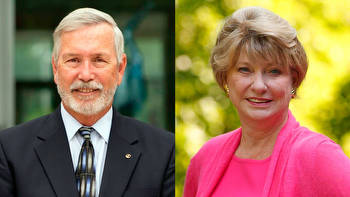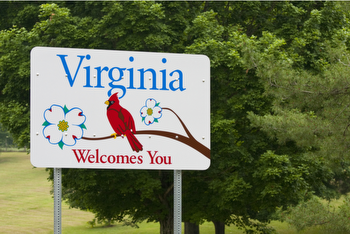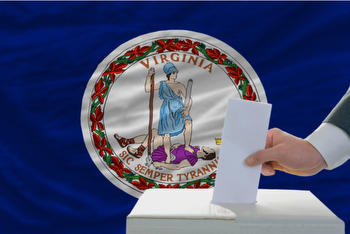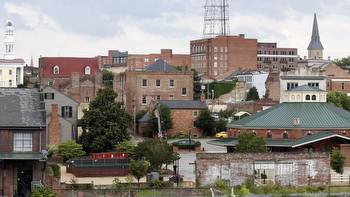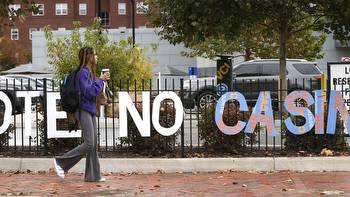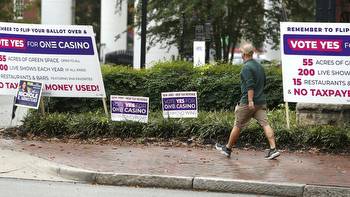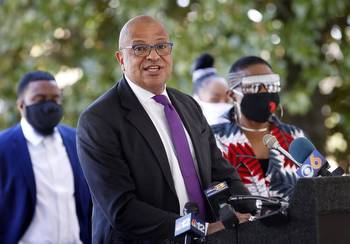Casino tops Richmond wish list, but affordable housing lies at the heart
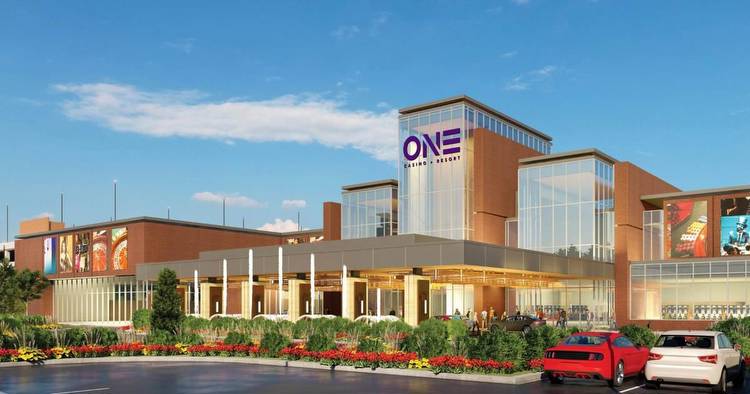
Richmond's first wish from the General Assembly is another opportunity for voters to approve a casino, even if the city has to share regional gaming revenues with a potential rival operation in Petersburg.
Most of Richmond's legislative priorities for the coming assembly session center on promoting affordable housing and protecting existing homeowners from being taxed out of their homes by an overheated housing market.
The city also wants, as its second highest priority, to prevent any state effort to accelerate the required completion of a $1.3 billion combined-sewer cleanup of the James River before 2035.
Meanwhile, Sen. Joe Morrissey, D-Richmond, who is pushing the assembly to allow a casino in Petersburg and block a second vote in Richmond, said Tuesday that he will propose to ban assault rifles to prevent their use in additional mass shootings.
"I'm ready to ban them," Morrissey said, with no exceptions.
In 2020, when Democrats held the governorship and controlled the General Assembly, the legislature passed and Gov. Ralph Northam signed a series of gun violence measures. Northam also sought a ban on assault-style weapons, but the measure failed in the state Senate. Republicans now hold the governorship and control the House of Delegates.
Richmond isn't likely to push casino legislation itself but instead oppose proposals - including one Morrissey already has filed - to prevent a second referendum on a gaming resort proposed in South Side until after Petersburg voters have the chance to vote on allowing a casino there. Last year, Richmond voters narrowly rejected the ONE Casino + Resort proposed next to Interstate 95 at Bells Road.
The city touts a new study by the Joint Legislative Audit and Review Commission that found both cities could support casinos, even though the one in Petersburg would be smaller and generate less local tax revenue than if no regional rival were allowed.
"There is a path forward leading to a win-win for both Richmond and Petersburg - larger state gaming revenues and increased consumer choice," states Richmond's legislative priority list, which was to come before City Council for action on Dec. 12.
"Richmond has a robust casino ready to move forward and would like nothing more than to hold another referendum in November of 2023," the priority list states, noting the economic development and workforce benefits of a casino.
Sen. Janet Howell, D-Fairfax, has predicted "a brawl" in the General Assembly over the dispute, with Churchill Downs International expected to join the fray after purchasing Peninsula Pacific Entertainment, a partner in the Richmond casino proposal with Urban One, a Washington area radio conglomerate.
"We'll be fully engaged at the General Assembly ... to try to keep the opportunity alive," Urban One President Alfred Liggins said this week.
Liggins said that Churchill Downs, owner of the famed horse site of the Kentucky Derby, also will be involved in protecting Richmond's right to hold a second referendum on the proposal.
"They've been very supportive of the proposal and very interested in it," he said.
Petersburg strongly opposes allowing casinos in both cities, which Morrissey contends would sabotage a pending proposal by The Cordish Companies to build a gaming resort on about 80 acres next to I-95 at Wagner Road in Petersburg's southeastern corner.
"I'm going to fall on my sword on that one," he said Tuesday. "I am not interested in two casinos. Two casinos [within 25 miles] simply cannibalize each other."
A 2020 state law allows five Virginia cities to develop casino resorts, including Richmond, but Morrissey said the capital city already has legalized gaming with the Rosie's Gaming Emporium on Midlothian Turnpike and doesn't need the economic benefits as much as Petersburg does.
"It's to help the marginalized cities, the ones that are struggling," he said.
Morrissey and Del. Kim Taylor, R-Dinwiddie, both have filed bills to allow Petersburg to host a casino resort with voter approval before Richmond could conduct a second referendum.
The day after JLARC released the study, Petersburg City Council approved a pair of surprise resolutions - one to retroactively hire a consultant to help pick a casino operator and the other to explore a partnership with Cordish, a Baltimore-based casino developer and operator that had been a finalist in Richmond in 2020.
However, Petersburg's inability to produce records of how it solicited casino proposals and chose Cordish could hurt its chances in the assembly, some Richmond legislators said this week. The city responded last week to a request by the Richmond Times-Dispatch under the Freedom of Information Act that it had no records of a solicitation or evaluation of potential casino operators.
"There's a healthy respect and desire for everyone who is in public serve to be as transparent as possible, and this is clearly not that," said Del. Jeff Bourne, D-Richmond, who said he hasn't taken a position on a second vote on a casino in Richmond.
Del. Betsy Carr, D-Richmond, said she also doesn't have a position on allowing a second public vote on a Richmond casino, but said Petersburg's handling of the selection process "could hurt" legislation to allow the city to host a casino.
Carr and Bourne say they are more interested in the city's proposals to promote affordable housing and protect existing homeowners from being priced out of city neighborhoods.
Richmond advocates a constitutional amendment to allow local governments the option of creating tax exemptions and other tools to protect homeowners from rising real estate taxes because of soaring home prices and assessments.
"Allowing local governments to develop and implement means-tested, long-term owner-occupied real state tax relief programs will help prevent the displacement of long-term owner occupants due to dramatically rising property tax assessments, thereby leading to neighborhood gentrification," the city states as its third legislative priority.
The city also support changing state law to let local real estate assessors consider factors that "ensure that the real estate taxes levied on owners of affordable rental housing are commensurate with the actual rent amounts collected rather than fair market values, thereby reducing the tax burden on these properties."
Richmond also wants the assembly to broaden installment programs to allow property owners to pay delinquent home loans and add the city to a list of localities that can adopt affordable dwelling unit ordinances to make sure housing is affordable to low- and middle-income residents.
"That's absolutely what my focus is," Bourne said. "It's still the issue [on which] we've got so much work to do."








